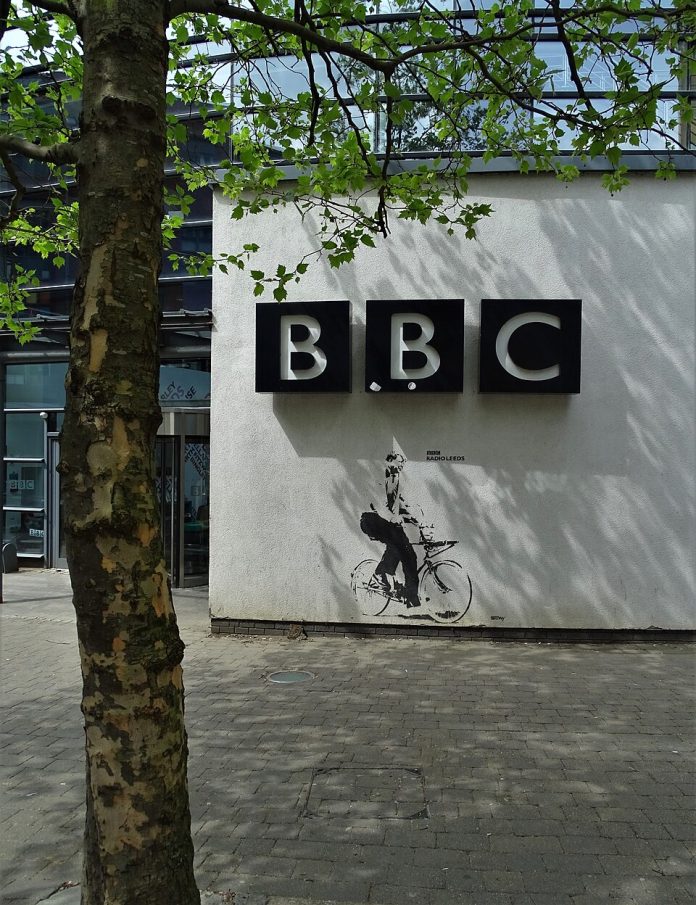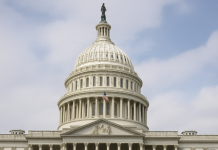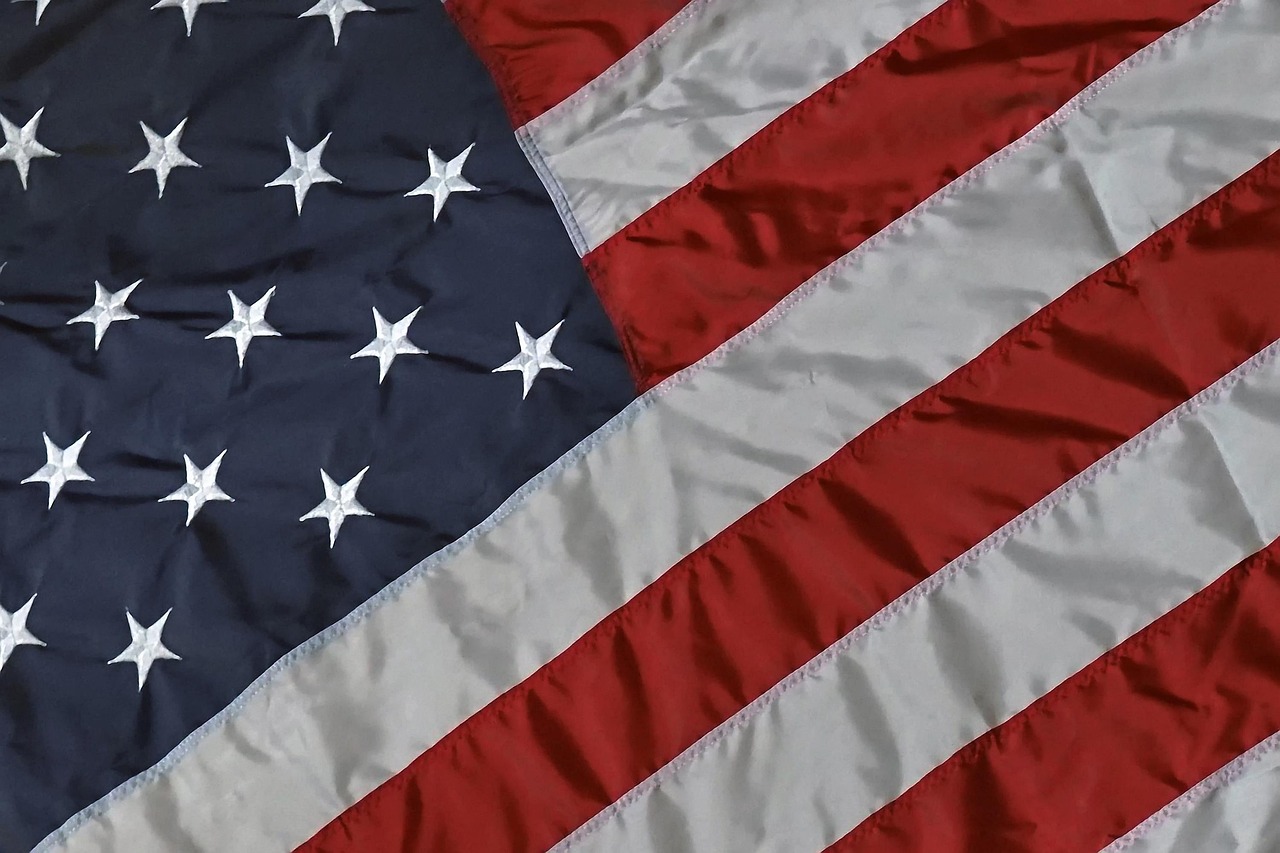
The BBC’s apology to President Donald Trump over an edited segment of his 6 January 2021 speech has unleashed a storm over media ethics, political pressure and public trust in Britain’s national broadcaster. The Panorama episode at the centre of the dispute stitched together parts of Trump’s address that were nearly an hour apart, creating an impression that he had delivered a more forceful call to action than he actually did. After criticism mounted, the BBC acknowledged the error, withdrew the programme from future broadcast and issued a personal apology to the White House.
The apology, however, did not satisfy Trump’s legal team, which has demanded a retraction, an apology and financial compensation of $1 billion. His lawyers argue that the documentary damaged his reputation and misled viewers by altering the sequencing of his remarks. Trump has publicly described the edit as having “butchered” his words and “defrauded” the audience. The BBC insists it bears no liability, arguing that the clip was meant to condense a long speech, the programme never aired in the United States, and Trump went on to win the 2024 election after the broadcast.
The fallout within the BBC has been swift. Director-General Tim Davie and head of news Deborah Turness resigned, each acknowledging mistakes while also defending the broader integrity of the organisation’s journalism. Their departures followed scrutiny not only of the Panorama edit but also a separate Newsnight clip from 2022 that used a similar splice of Trump’s speech. In both cases, critics said the edits created an impression of continuity that did not exist. A leaked internal memo from a former external adviser added fuel to the controversy, suggesting the organisation had struggled with adherence to its own editorial standards across several subjects.
The British government has stepped into the fray. Culture Secretary Lisa Nandy said the BBC was treating the issue with the gravity required but argued that some of its guidelines were either insufficient or applied inconsistently. She signalled that political appointments to the corporation’s board — such as that of former Downing Street adviser Sir Robbie Gibb — would receive closer scrutiny during the upcoming charter review. According to Nandy, such appointments have eroded confidence in the broadcaster’s impartiality at a time when public trust in news is already under strain.
Public reaction has been equally intense. Some listeners on BBC call-in programmes voiced frustration that licence fee money might end up covering legal costs or a settlement, should the dispute escalate in court. Media commentators say such reactions reflect how tightly woven the BBC is into Britain’s sense of identity. For many, the idea of a serving U.S. president taking legal action against the broadcaster is jarring.
Legal experts meanwhile predict that Trump would face steep hurdles if he pursued his threatened lawsuit in the United States. The programme did not air widely there, and American defamation law grants wide protection to commentary about political leaders. Nonetheless, the very prospect of litigation has become a flashpoint in a wider debate over accuracy, context and the challenges facing modern journalism.
Image is licensed under the Creative Commons Attribution-Share Alike 2.0 Generic license and was created by Neil Theasby.







